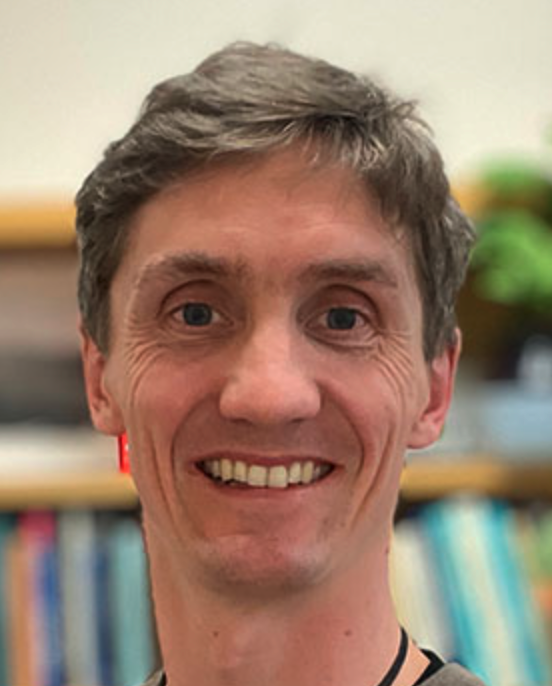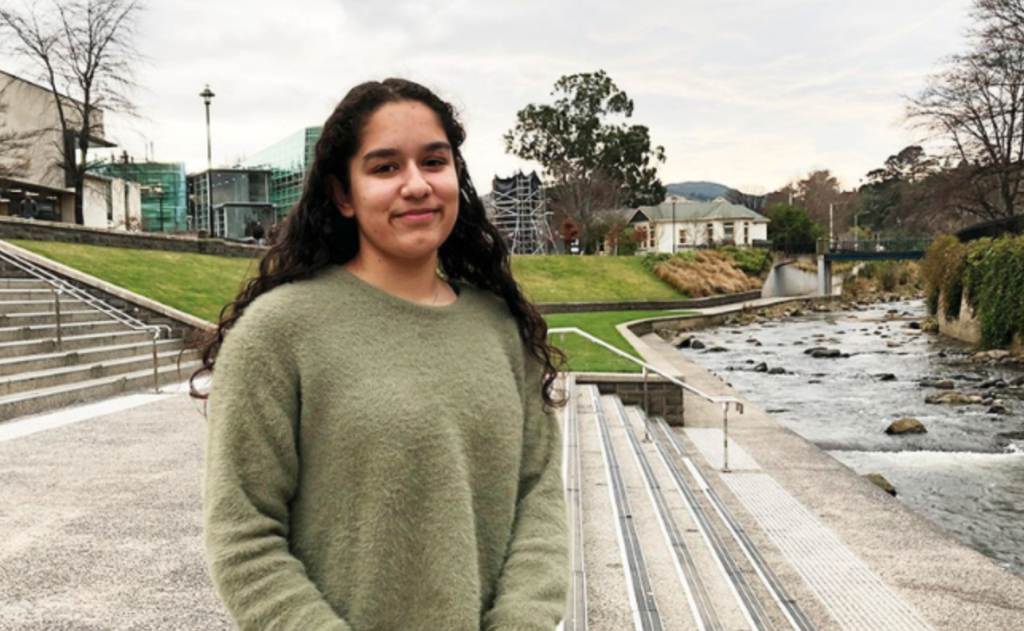Jono Squire, Philip Brydon, Blair Blakie are among 24 Otago academics who have been granted a total of almost $19.8m in 2022 round of prestigious Royal Society of New Zealand Marsden Grants.
A theory for coronal heating through turbulence mediated by the helicity barrier (937k)
Dr Jono Squire
 Just above its surface, the Sun’s atmosphere (corona) suddenly jumps to more than a million degrees, escaping the gravitational pull to become the solar wind. Understanding how this occurs – specifically, how energy is released from tangled magnetic fields into heat – is an 80-year-old conundrum known as the “coronal heating problem”. Because the solar wind directly influences Earth, damaging satellites and power networks and causing the beautiful aurora, it impacts both astrophysics and everyday life. Its solution requires understanding the complex interplay between the Sun’s magnetic-field structure and local heating, while agreeing with decades of precision observations. The researchers recently discovered an effect, the “helicity barrier”, which changes how random, turbulent fluctuations become heat as they propagate outwards from the Sun. The effect has promising traits, unifying two previous theories and matching features of the solar wind observed by spacecraft. But, the results remain idealised so far. Using supercomputer simulations, this proposal will expand them into a theory of helicity-barrier-mediated coronal heating, characterising how global magnetic-field structures regulate local dissipation of fluctuations into heat. The goal is to unify seemingly disparate observational constraints under one framework, making testable predictions for the cutting-edge spacecraft that are currently exploring deeper into the corona than ever before.
Just above its surface, the Sun’s atmosphere (corona) suddenly jumps to more than a million degrees, escaping the gravitational pull to become the solar wind. Understanding how this occurs – specifically, how energy is released from tangled magnetic fields into heat – is an 80-year-old conundrum known as the “coronal heating problem”. Because the solar wind directly influences Earth, damaging satellites and power networks and causing the beautiful aurora, it impacts both astrophysics and everyday life. Its solution requires understanding the complex interplay between the Sun’s magnetic-field structure and local heating, while agreeing with decades of precision observations. The researchers recently discovered an effect, the “helicity barrier”, which changes how random, turbulent fluctuations become heat as they propagate outwards from the Sun. The effect has promising traits, unifying two previous theories and matching features of the solar wind observed by spacecraft. But, the results remain idealised so far. Using supercomputer simulations, this proposal will expand them into a theory of helicity-barrier-mediated coronal heating, characterising how global magnetic-field structures regulate local dissipation of fluctuations into heat. The goal is to unify seemingly disparate observational constraints under one framework, making testable predictions for the cutting-edge spacecraft that are currently exploring deeper into the corona than ever before.
Superconductors that survive ultra-high magnetic fields: Revealing the role of symmetry (937k)
Dr Philip Brydon

Superconductivity is a quantum state of matter where electricity flows without resistance. It has found widespread application in the electrical generation of magnetic fields, but the strength of such magnets cannot exceed a critical field which destroys the superconductivity. The conventional theory of the superconducting state predicts an upper limit for this critical field, which is satisfied by almost all superconductors. Dr Brydon’s 2021 Science paper reported that superconductivity in CeRh2As2 survives fields far larger than this expected limit; furthermore, a distinct new superconducting state appears at high field strengths. He explained this unique behaviour as arising from the symmetries of its crystal lattice, which strongly constrains the motion of the electrons in the material. These symmetries are not uncommon, however, and may explain mysterious high-field behaviour observed in other superconductors. Moreover, the researchers propose that they can enable the observation of long-predicted excitations of the superconducting state, and may be exploited to realize novel microelectronic devices. This motivates the planned research to develop a comprehensive understanding of the role of these symmetries in superconductivity. This work will both fundamentally extend the microscopic understanding of superconductivity, and also open new frontiers in superconducting technology.
Growth, life and death of a supersolid (937k)
Prof Blair Blakie

About half a century ago theoretical physicists speculated on a weird state of matter – the supersolid – possessing crystalline structure (solidity) and frictionless flow (superfluidity). The long quest to find a supersolid was successful in 2019 using a dilute quantum gas of highly magnetic lanthanide atoms. This project will develop a theory to describe the life cycle of these supersolids – from the dynamics of how they emerge during cooling or a temperature quench, through to their eventual demise due to atomic loss. The researchers’ approach involves developing and implementing a novel thermal (finite temperature) theory that describes the partially-coherent and incoherent dynamics of the system. This will enable them to capture the interplay of thermal fluctuations and supersolidity. They will apply this theory to quantify the finite temperature phase diagram of dipolar supersolids and to identify a pathway for labs to produce the next-generation of supersolids that exhibit two-dimensional crystalline structure.
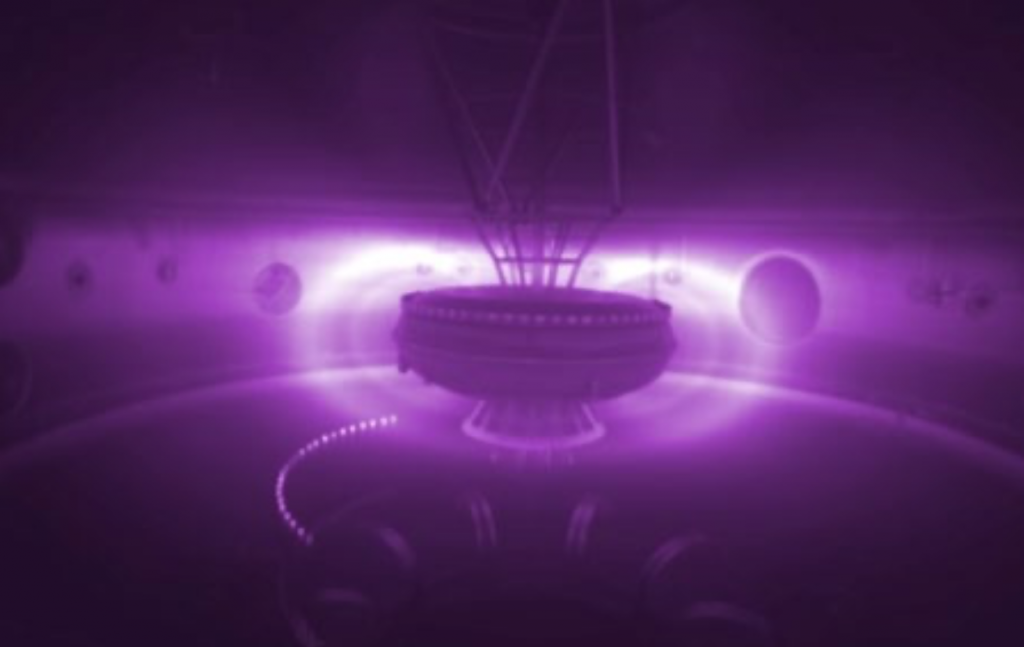



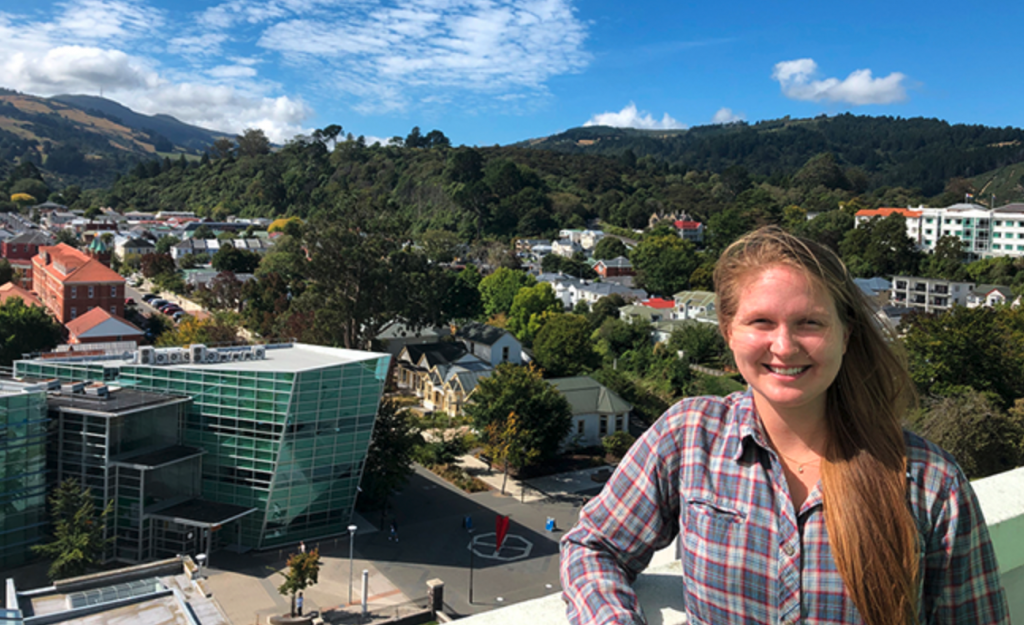


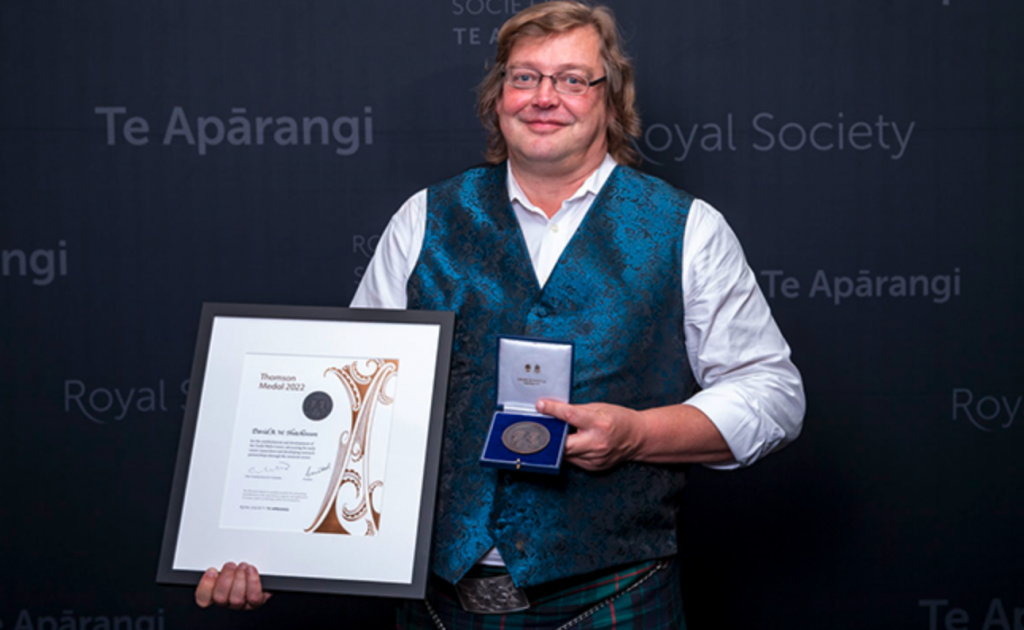
 Just above its surface, the Sun’s atmosphere (corona) suddenly jumps to more than a million degrees, escaping the gravitational pull to become the solar wind. Understanding how this occurs – specifically, how energy is released from tangled magnetic fields into heat – is an 80-year-old conundrum known as the “coronal heating problem”. Because the solar wind directly influences Earth, damaging satellites and power networks and causing the beautiful aurora, it impacts both astrophysics and everyday life. Its solution requires understanding the complex interplay between the Sun’s magnetic-field structure and local heating, while agreeing with decades of precision observations. The researchers recently discovered an effect, the “helicity barrier”, which changes how random, turbulent fluctuations become heat as they propagate outwards from the Sun. The effect has promising traits, unifying two previous theories and matching features of the solar wind observed by spacecraft. But, the results remain idealised so far. Using supercomputer simulations, this proposal will expand them into a theory of helicity-barrier-mediated coronal heating, characterising how global magnetic-field structures regulate local dissipation of fluctuations into heat. The goal is to unify seemingly disparate observational constraints under one framework, making testable predictions for the cutting-edge spacecraft that are currently exploring deeper into the corona than ever before.
Just above its surface, the Sun’s atmosphere (corona) suddenly jumps to more than a million degrees, escaping the gravitational pull to become the solar wind. Understanding how this occurs – specifically, how energy is released from tangled magnetic fields into heat – is an 80-year-old conundrum known as the “coronal heating problem”. Because the solar wind directly influences Earth, damaging satellites and power networks and causing the beautiful aurora, it impacts both astrophysics and everyday life. Its solution requires understanding the complex interplay between the Sun’s magnetic-field structure and local heating, while agreeing with decades of precision observations. The researchers recently discovered an effect, the “helicity barrier”, which changes how random, turbulent fluctuations become heat as they propagate outwards from the Sun. The effect has promising traits, unifying two previous theories and matching features of the solar wind observed by spacecraft. But, the results remain idealised so far. Using supercomputer simulations, this proposal will expand them into a theory of helicity-barrier-mediated coronal heating, characterising how global magnetic-field structures regulate local dissipation of fluctuations into heat. The goal is to unify seemingly disparate observational constraints under one framework, making testable predictions for the cutting-edge spacecraft that are currently exploring deeper into the corona than ever before.

